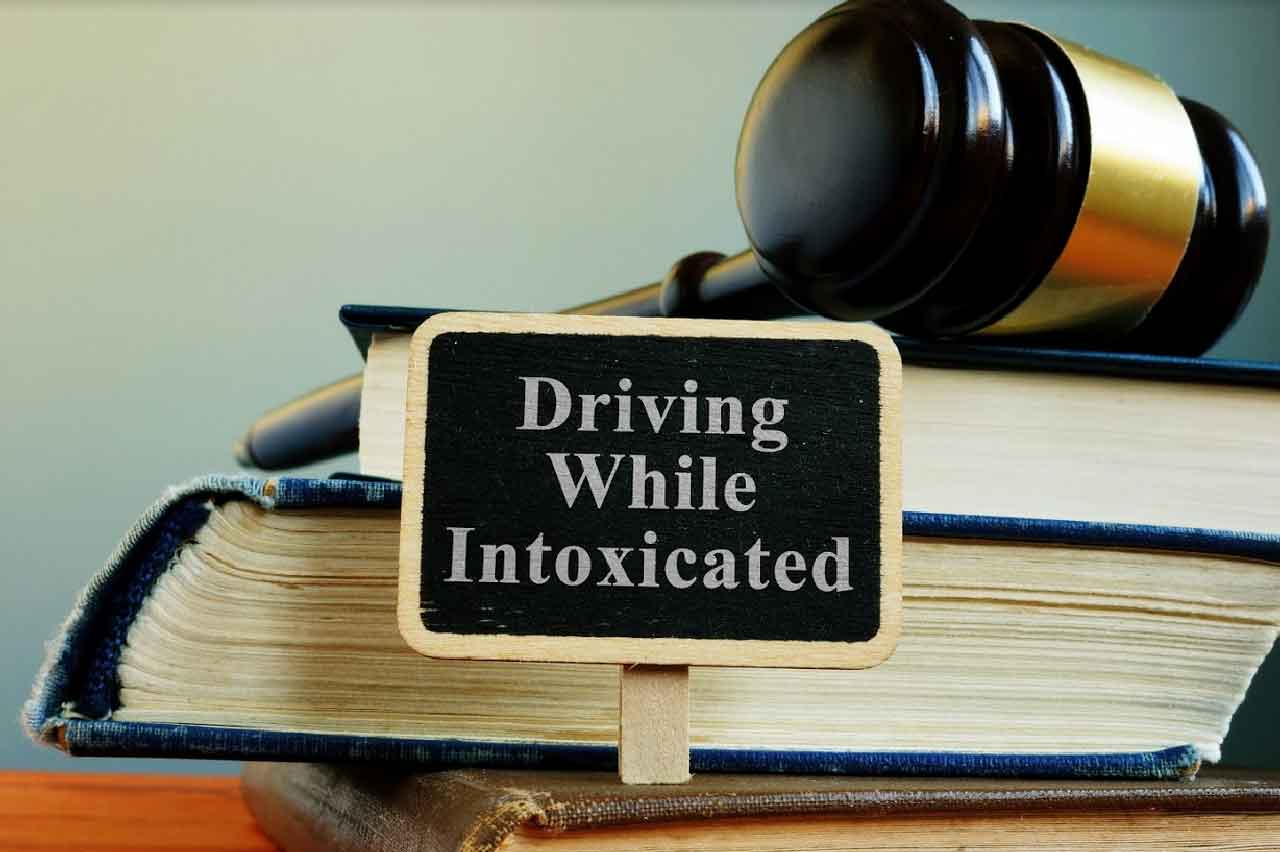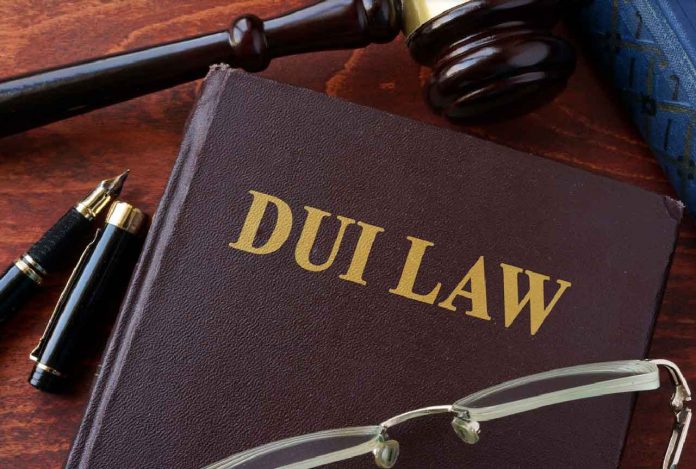When it comes to drunken driving, there are two acronyms people usually hear, namely DUI (driving under the influence) and DWI (driving while intoxicated). While many consider them similar, there’s still a distinction between them, depending on the jurisdictions that you need to be aware of. This is especially true if you don’t know what to do in the event you’re charged either with DUI or DWI.
Thus, if you’ve been charged with any of them and want to decrease the effects of the charges, keep reading this article to learn about the differences between DUI and DWI cases.
DWI And DUI Cases: The Difference
DWI and DUI mean the same thing, but it doesn’t mean they don’t have any differences. Here’s how:
- DWI – This criminal offense in some states can be considered a serious conviction. It’s a state-specific term, which is essentially applied to a driver with BAC (blood alcohol content) over the legal limit of a specific state. Moreover, in some jurisdictions, it’s called driving while intoxicated, while in other states, it’s called driving while impaired. But, for jurisdictions that consider DWI an impairment, drugs or alcohol doesn’t need to be involved. For example, when the driver is arrested for a DWI offense, it doesn’t necessarily mean an impairment caused by drugs or alcohol, but it can be due to omissions, such as falling asleep while driving or driving while incapable of safely controlling the car.
- DUI – This refers to a charge related to drunk driving, but it can also be used to describe drivers who are under the influence of drugs and other medications while on the road. There are some states that provide that a person can commit a DUI crime when operating a vehicle with a BAC level of 0.08%, regardless of whether they’re impaired or not. This means that if you take the breathalyzer test and the result is above the BAC limit, then, you can get a DUI per se criminal offense.
As you can see, the difference between DWI and DUI cases depends on the rules and regulations of different jurisdictions. For example, some states consider a driving under the influence case as something that focuses on the behavior of the driver while maneuvering the vehicle, whereas a case of driving while intoxicated or impaired is one that has something to do with the blood alcohol content.
However, regardless of what these two terms mean to various states, both DWI and DUI cases refer to criminal actions whereby the arresting officer has a probable cause to believe that the driver is too impaired to continue to drive on the road. In such a case, the driver may be asked to pull over, get investigated, and, with sufficient evidence, get arrested for the offense. Thus, if this happens to you, working with a reliable law firm, like DWI Guy, can be a good idea to help you defend yourself in court and get out of this trouble in no time.

DWI And DUI Cases: Consequences To Be Aware Of
While both DWI and DUI can be used interchangeably depending on the jurisdiction, you should keep in mind that these cases come with similar consequences that you should be wary of. These can include:
- License Suspension Or Revocation – In most cases, a conviction of these offenses can result in the suspension or revocation of the driver’s license. Typically, for some states, a suspension lasting for at least 90 days is one of the punishments if you’re a first-time offender. But, if you’ve been charged for DWI or DUI several times, some jurisdictions would have your driver’s license revoked for good.
- Fines – The total amount of fines you’re going to pay if you’ve been arrested for these crimes depends on the state where they’re committed. That said, you may expect to pay at least a few hundreds to thousands of dollars in fines and other penalties when you get convicted.
- Jail Time – Since, in most cases, DUI or DWI is considered a misdemeanor, you may have to face jail time for a specific amount of time if you’re found guilty. For example, there are some states that provide for a jail time of six months or a year for first-time offenders.
- Ignition Interlocks – When you’re convicted with these offenses, you may have to deal with the ignition interlocks being installed in your car for a certain period of time. These devices will stop you from starting your vehicle if any alcohol level is detected in your body.
Bottom Line
Hopefully, with the information mentioned above, this article can give you a better understanding of the difference between DWI and DUI cases. That way, you can save yourself from a possible charge or being convicted, which would require the hiring of an experienced criminal defense lawyer to help you. This professional has the knowledge and skills necessary in protecting your rights in court, and ensuring your case will be dismissed for lack of merit.







